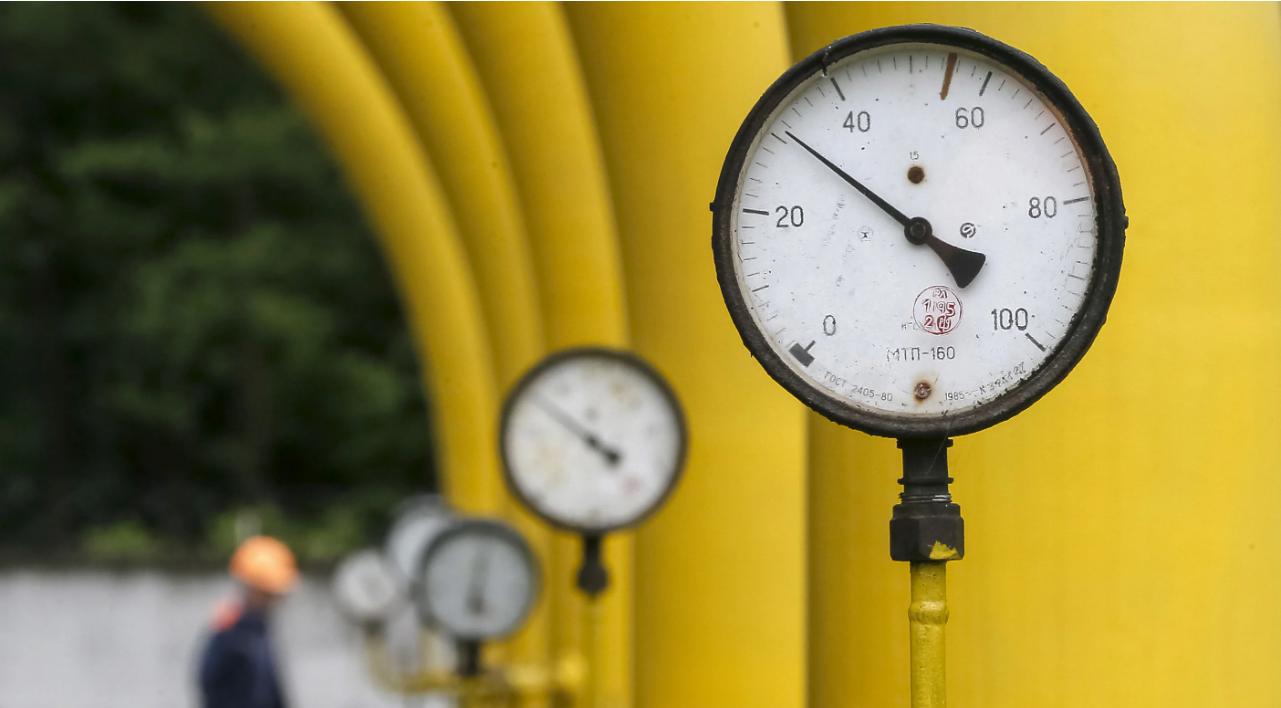
A key agreement between Ukraine and Russia expired on Wednesday, with Ukraine officially stopping the flow of Russian gas to Europe through its territory. The decision, while expected, is still symbolic, especially in the context of Ukraine's nearly three-year all-out war with Russia. In addition, Europe has already significantly reduced its share of gas imports from Russia. The Ukrainian Energy Ministry said in a statement that the termination of the agreement was for "national security." "We have stopped the transportation of Russian gas, which is a historic event," the ministry said. At the same time, Ukraine's gas transportation infrastructure is also ready to meet the challenges of the expiration of the agreement. Ukrainian President Zelensky called the move "one of Moscow's major failures" and issued a statement on Telegram accusing Russia of "using energy as a weapon and shameless energy blackmail against its partners." He also called on the United States to increase gas supplies to Europe.
First, according to Reuters, Gazprom, or Gazprom, lost $6.9 billion last year due to a sharp drop in sales to Europe, the company's first loss in 20 years. Despite Gazprom's efforts to shift exports to China, the situation remains grim. Since 2019, Gazprom has signed a transit agreement with Ukraine, but with Ukraine's decision, this agreement has also been terminated.
Secondly, Ukraine receives about $800 million in transit fees from Russian transit gas each year, while Gazprom has lost nearly $5 billion in sales revenue. In addition, some EU countries that still buy Russian gas have arranged alternative supply routes for this change. A Brussels think tank pointed out that after the expiration of Ukraine's transit agreement with Russia, the EU's natural gas imports decreased by about 5%, mainly affecting Austria, Hungary and Slovakia. Now, the EU receives Russian natural gas through the Turkish Stream pipeline, which passes through Turkey and directly to Bulgaria, Serbia and Hungary.
Furthermore, although the termination of the agreement is not a sudden event, the market expects that this change will lead to an increase in natural gas spot prices. However, due to the milder climate in Europe and the EU's long-term preparation, it is not expected to see drastic price fluctuations like when Russia cut production. EU countries have ensured that Central and Eastern Europe can receive natural gas from non-Russia through multiple alternative routes. Since 2022, Europe has strengthened its gas infrastructure, especially its liquefied natural gas import capacity, which provides a guarantee for replacing Russian supplies.
However, although Ukraine's suspension of Russian gas shipments to Europe will have a certain impact on the EU, the impact on Russia is relatively small. This change is expected to lead to higher gas and electricity prices in Europe. Before Russia's full-scale invasion of Ukraine in 2022, Russia was the largest gas supplier to the EU. According to the European Council, the EU has reduced Russia's share of pipeline gas imports from more than 40% in 2021 to about 8% in 2023. To make up for this gap, the EU has imported a large amount of liquefied natural gas from the United States and other countries, while also increasing pipeline gas imports from Norway. In order to ensure energy security, the EU also plans to completely get rid of its dependence on Russian fossil fuels by 2027.
Finally, analysts point out that despite the expiration of Ukraine's gas transit agreement, European countries that rely on Russian gas still have a variety of options. These countries can fill the gap by importing more liquefied natural gas from other European countries or obtaining more natural gas from non-Russian sources through pipelines. Although the Transnistria region of Moldova still receives Russian natural gas through Ukraine, the region has cut off household heating and hot water supply after the transit agreement expired, indicating that some regions may face a more serious energy shortage.
Overall, although Ukraine's move has caused some shock to the EU energy market, the EU has taken a series of countermeasures to ensure the stability of energy supply. In the next few years, Europe will further promote energy diversification and gradually reduce its dependence on Russian energy, which will also have a far-reaching impact on the global energy market.

The U.S. third-quarter GDP growth rate, strikingly highlighted at 4.3%, not only surpassed market expectations but also earned the label of "the fastest in two years."
The U.S. third-quarter GDP growth rate, strikingly highligh…
Recently, US personnel intercepted a "Century" super oil ta…
According to Xinhua News Agency, the subtle changes in the …
The rapid development of artificial intelligence has brough…
In December 2025, Taiwan's political scene was shaken by a …
When Apple appears for the Nth time on the list of penaltie…